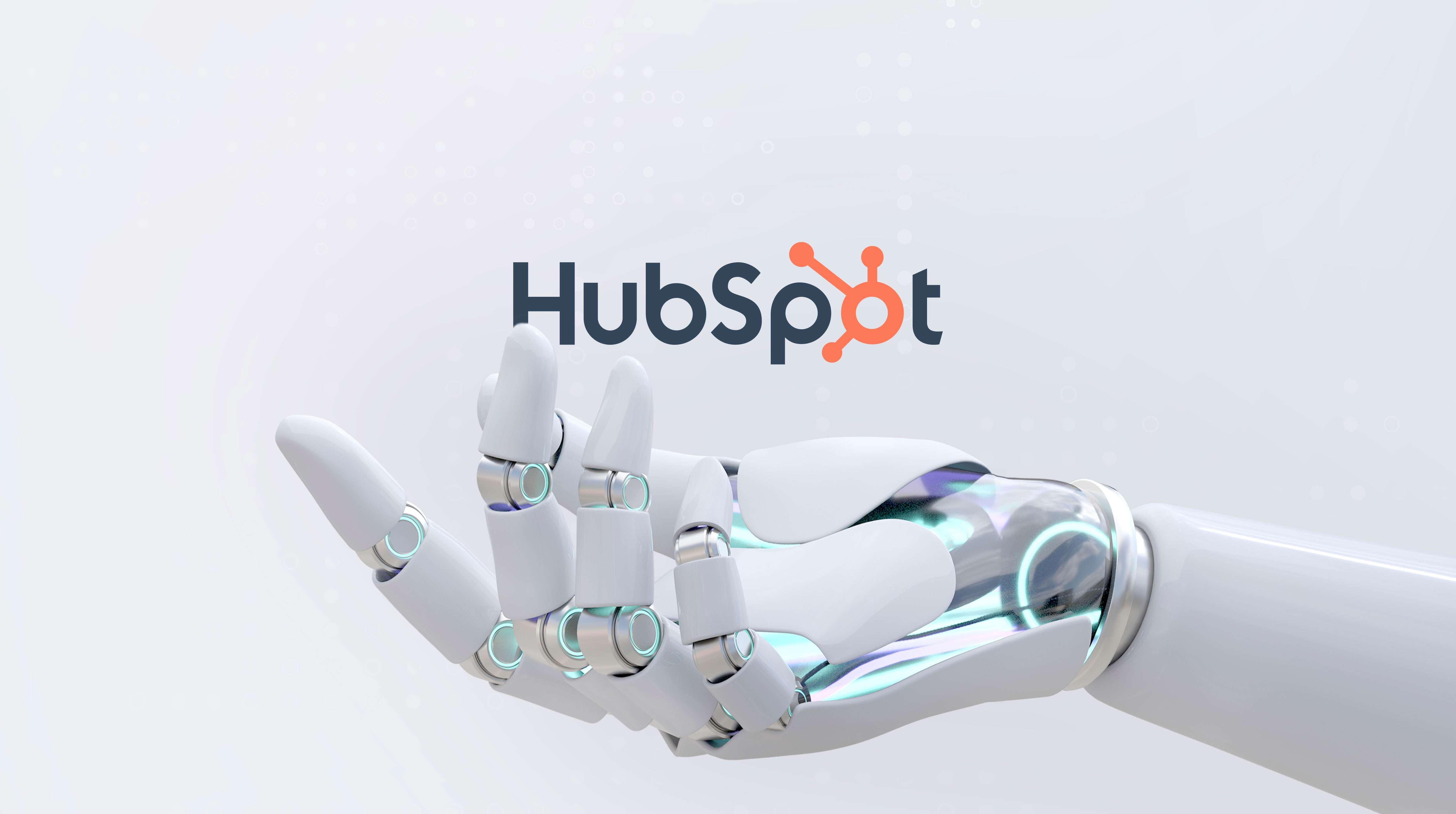"Know what your customers want most and what your company does best. Focus on where those two meet." – Kevin Stirtz
Let’s face it—the world of business can sometimes feel overwhelming, especially when it comes to technology. If you’ve ever thought, “How do I even start managing all these customer details and interactions?” you’re not alone. That’s where Customer Relationship Management, or CRM, comes in. Think of it as your new best friend in business: a tool that keeps everything organised, helps you stay on top of customer needs, and even saves you time. In this guide, we’ll break down CRM in the simplest terms, share why it’s so important, and show you how it can transform the way you connect with your customers.
What is CRM?
CRM, or Customer Relationship Management, is both a strategy and a tool that helps businesses manage their interactions with customers and prospects. It centralises data, tracks communication, and provides insights to improve relationships and drive growth. Think of it as a digital assistant that ensures every customer feels valued and every interaction is purposeful.
Why CRM Matters
-
Centralised Customer Data
Consolidate contact details, purchase history, and interaction records in one place.
-
Improved Customer Retention
CRM tools help you identify loyal customers, proactively engage with them, and automate follow-ups to keep customers connected to your brand.
-
Boosted Team Productivity
Automate repetitive tasks like email reminders and data entry, freeing up your team to focus on building meaningful relationships.
Generate reports on customer behaviour, sales trends, and campaign effectiveness, allowing you to make informed business decisions.
Key Features of a CRM System
Keep detailed records of customer information, from names to preferences.
Visualise where each lead stands in your sales process, forecast revenue, and identify bottlenecks.
Automate repetitive tasks like follow-up emails and meeting scheduling. HubSpot’s Marketing Hub offers powerful automation features, including email workflows, campaign management, and lead nurturing tools, making it easier to create seamless and effective customer interactions.
Track metrics like customer acquisition cost (CAC) and customer lifetime value (CLV).
Connect with tools you already use, such as email platforms, accounting software, and e-commerce systems. HubSpot CRM, for instance, integrates seamlessly with platforms like Shopify and Xero.
Who Can Benefit from CRM?
Simplify operations by centralising customer data and using free or entry-level CRM solutions like HubSpot’s free plan.
Track leads and automate follow-ups to close deals faster.
Create personalised campaigns using customer data.
Resolve issues efficiently with access to detailed customer histories.
-
Freelancers and Solopreneurs
Keep track of clients and projects without needing a large system.
Examples of CRM in Action
-
Personalised Customer Service
A retail store uses CRM to track customer preferences and purchase history, allowing sales staff to recommend products tailored to each customer.
-
Improved Sales Efficiency
A real estate agent uses CRM to track interactions with potential buyers, ensuring timely follow-ups and increased deal closure rates.
-
Streamlined Marketing Campaigns
A digital marketing agency integrates CRM with email automation to send personalised messages based on customer behaviour.
Conclusion: CRM isn’t just a tool
it’s a mindset that prioritises customer relationships and growth. Whether you’re just starting out or looking to scale, investing in a CRM system can transform the way you do business. Tools like HubSpot CRM offer beginner-friendly features that make it easy to get started. Ready to take your customer relationships to the next level? Woven is here to help as your trusted CRM implementation consultant.



